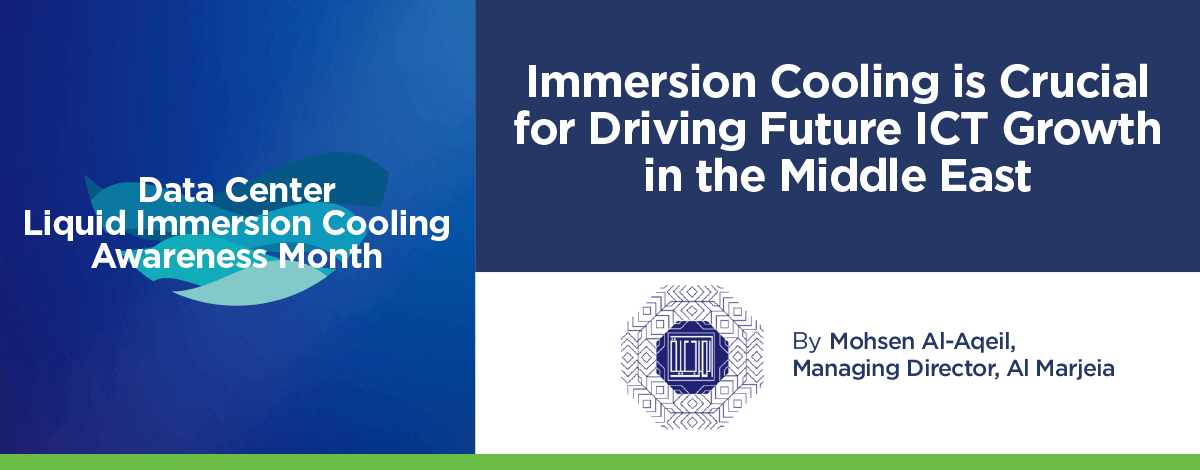Years ago, certain technology services were nothing but a fantasy, except thanks to the continuous technical innovations, it became reality. There is no doubt the non-stop technological evolution has changed our lives to a degree that technology has become indispensable in most if not all areas of life. ICT growth in the Middle East also has its share of the aforementioned leap. We are experiencing a massive pro-technology movement that is being translated to major developments in information technology specially in prominent countries in the region such as Saudi Arabia, Egypt and Turkey.

In recent years, Saudi Arabia has achieved a great success in the information technology sector development and using modern technologies in various fields. It is also working hard and according to deliberate steps to move to digital transformation in order to achieve the goals of the Kingdom’s Vision 2030.
A large number of the MEGA Saudi projects that the Kingdom has recently launched rely on modern technology and information technology in the first place, and it is still working to employ all new technologies and techniques to serve these projects in an optimal way.
The Kingdom seeks to be among the top 100 cities in the world, by upgrading 5 existing cities with smart infrastructure. While as mentioned earlier building mega smart cities where modern technologies play an effective role such as:






It should be noted that Saudi Arabia has a large number of Internet users, as 100% of the population has access to the 2nd and 3rd generation network, while 88% of the population has access to the 4th generation network and Saudi Arabia is ranked 5th in 5G & IOT integration through more than 6,000 cellular towers spread around the kingdom.
Another promising economy in the region is Egypt with its strategic location that helped in making it a significant transit hub for submarine cables and connected to 10 out of 18 cables that pass through its Suez Canal. Albeit the political uncertainty and macro-economic instability wrought by the 2011 revolution the ICT sector has remained remarkably resilient.
The ICT industry is expected to play a central role in driving growth for Egypt’s economy in the coming years. To achieve this, the government has mapped out a plan for development with a number of key aims, which include improving the quality and accessibility of mobile, internet and government services offered to citizens; utilizing ICT infrastructure to improve government efficiency, with a special focus on health, education and tourism; and facilitating the creation of a large and diverse export-focused industry. The government is hoping to capitalize on the country’s competitive advantages and place ICT at the center of its economic development strategy. To this end, the MCIT is working on the ICT 2020 & 2030 Strategies. The framework for the plan focuses on seven main pillars including basic infrastructure, digital content, electronics design and manufacturing, ICT industry programs and initiatives, and legislative and policy frameworks. The government has allocated a budget of $17bn for all these developments. This included $600m for cloud computing, $6.1bn for broadband, and $450m for electronics design and manufacturing. As a consequence of this investments, the government managed to increase ICT GDP by 65%, increasing it to $14.75bn by 2020, up from $8.9bn in 2014-15.
This can be seen in Egypt’s remarkable efforts in fostering the digital innovation by integrating AI to the digital system that helped Egypt move from the 111th to the 56th rank in the government AI readiness index in 2020 and plans for building Mega smart-cities like The New Administrative Capital.
There appears then to be an acceleration in the growth of the ICT sector in Turkey which to be noted is a major Middle Eastern economy with a GDP of more than $720bn in which the ICT sector represents around 3% where it’s valued at $27bn, and a staggering 69 Techno-parks (with an additional 15 underway) and more than 1,100 R&D centers scattered around the country which helps make important contributions to innovation ecosystem and technology development. Also, ICT exports represent an important indicator in the sector in Turkey after the success of almost doubling its exports in a 3 years period (since 2014 to 2017) from $655mm to over $1.1bn while broadening its export markets with the European market considered as the top client getting hold of more than 82% of the Turkish ICT exports.
Also, ICT growth in the Middle East is burgeoning in countries like Qatar and the UAE, which are moving towards knowledge-based economies and making investments in state-of-the-art ICT infrastructure, skills development and e-government. These efforts will enable them to be positioned as one of the leading dynamic and fast-growing economies in the region.
The ICT revolution won’t even be possible without the proper infrastructure both virtual and physical, and the pillar of the physical infrastructure is data centers. A data center is a physical facility where data can be stored and processed and plays a very important role in the future data economy as the world moves increasingly to the web, users and businesses demand quick information. The closer a business is to a data center, the higher the performance of the service. Reliability is the success criteria for data centers, and redundancy assures data center reliability but unfortunately that redundancy comes with a price. Design and cooling have their fair share from the hassle of operating a data center and specially in the Middle East due to the scarcity of white space and hot climate, and different cooling technologies have been tested and used for keeping data centers capable of cooling the hugely increasing demand in computing power but again this comes with colossal costs.
Amongst the emerging technologies that is being used currently in the region is immersion cooling. Advancements of AI/ML, IoT integration has raised demand on high density computing where immersion cooling does the magic, and GRC has been the key player in the immersion cooling market since 2008 with successful deployments worldwide, and with the new series 10 ICEraQ has set new benchmarks for immersion cooling technology. As for the Middle East we are seeing a major Telco operator experimenting with liquid immersion cooling and also an increase in demand of adopting the technology among other verticals of the market (e.g., defense, oil & gas, municipal and others).
In conclusion, the region has been witnessing a paradigm shift in all market verticals and the growth in ICT sector is seeming unstoppable with the blistering lifestyle humans are leading
Experience What Immersion Cooling Can Do for Your Data Center
Send us an email at info@www.grcooling.com or call us at 1.512.692.8003. A GRC associate will reach out and talk details with you.
sure to read our Guide to Sustainability Metrics with GRC’s ICEraQ® — Going Beyond the Traditional Data Center.
https://www.grcooling.com/learning-center/guide-to-dc-sustainability-metrics/1



